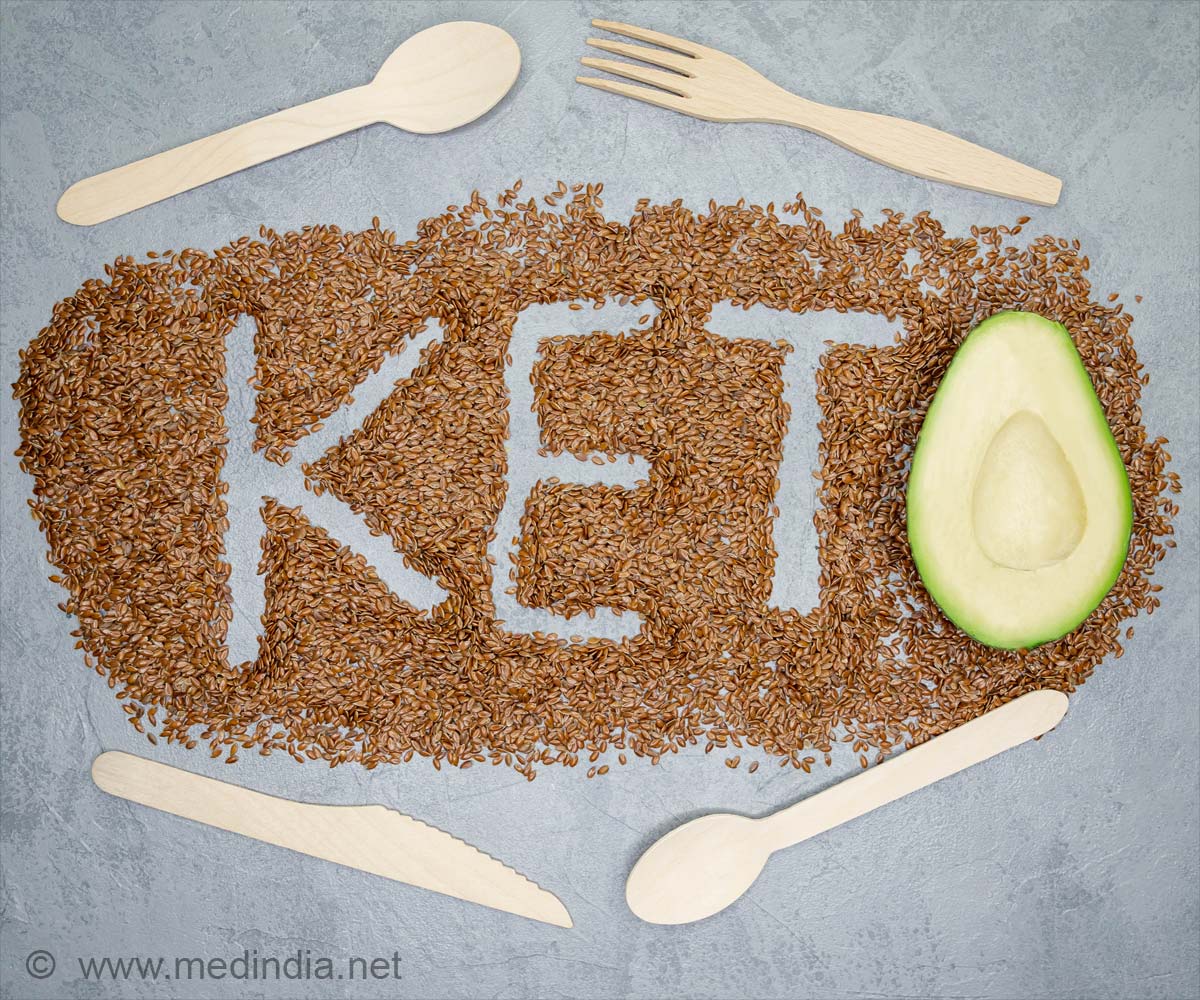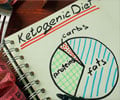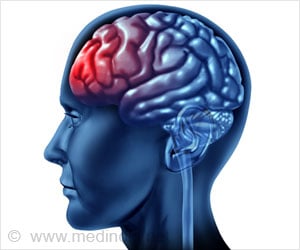BHB from a keto diet enhances CAR T cells’ cancer-fighting abilities, showing promise for low-cost, effective cancer immunotherapy.

- Keto diets improve CAR T cell function in cancer models
- Beta-hydroxybutyrate (BHB) is the key metabolite enhancing therapy
- Clinical trials are underway to validate this low-cost approach
CAR T Cell Therapy
Go to source).
A keto diet metabolite may supercharge CAR T cells to destroy cancer cells! #cancertreatment #medindia’
Ketogenic Diet and Tumor Suppression
Several diets such as ketogenic, high fiber, high protein and control diet were tried in a mouse model of diffuse-large B-cell lymphoma. The ketogenic diet was found to improve tumor control and survival in mice. One was beta-hydroxybutyrate (BHB), a substance formed by the liver in response to a ketogenic diet. According to the research, BHB acted as a good energy source for CAR T cells, which helped improve their function in fighting cancer.Laboratory Studies and Translational Insights
Subsequent experiments in other human cancer models supported by laboratory also showed that BHB increased CAR T cell function and efficiency in eradicating tumors in most of the cases. Blood samples drawn from CAR T cell therapy patients showed that patients with elevated levels of BHBs had better T cell expansion.Conversely, the energy generation was upregulated in the T cells from healthy volunteers treated with supplemented BHB. While dietary fibers modulate the gut microbiome and cancer outcomes, the BHB enhances outcomes through specific metabolic alterations in the blood.
Potential for Clinical Application
These have led to the conduct of a Phase I clinical trial at Penn Medicine Abramson Cancer Center. This trial by Dr. Elise Chong will determine whether BHB supplementation helps individuals with relapsed or refractory large B-cell lymphoma who are receiving anti-CD19 CAR T cell therapy treatment.Implications and Future Directions
If realised, BHB supplementation could be an economical and low toxic means of enhancing the results of CAR T cell therapy. “This strategy could potentially be combined with dietary interventions or traditional treatments to enhance anti-cancer effects,” said Dr. Maayan Levy from the procedural co-senior authors list.Low tech interventions such as BHB manipulation demonstrate the ability to build on the advancement of ‘next generation’ therapy in terms of patient care by continuing to improve upon the core concepts.
Reference:
- CAR T Cell Therapy - (https://www.pennmedicine.org/cancer/navigating-cancer-care/treatment-types/immunotherapy/what-is-car-t-therapy)
Source-Medindia















